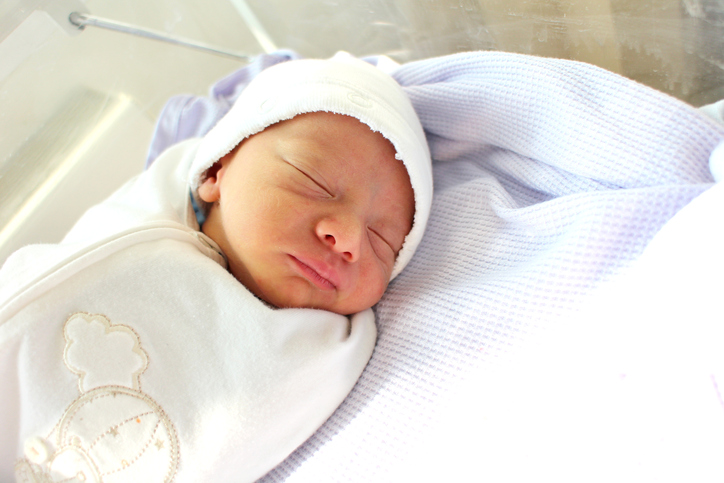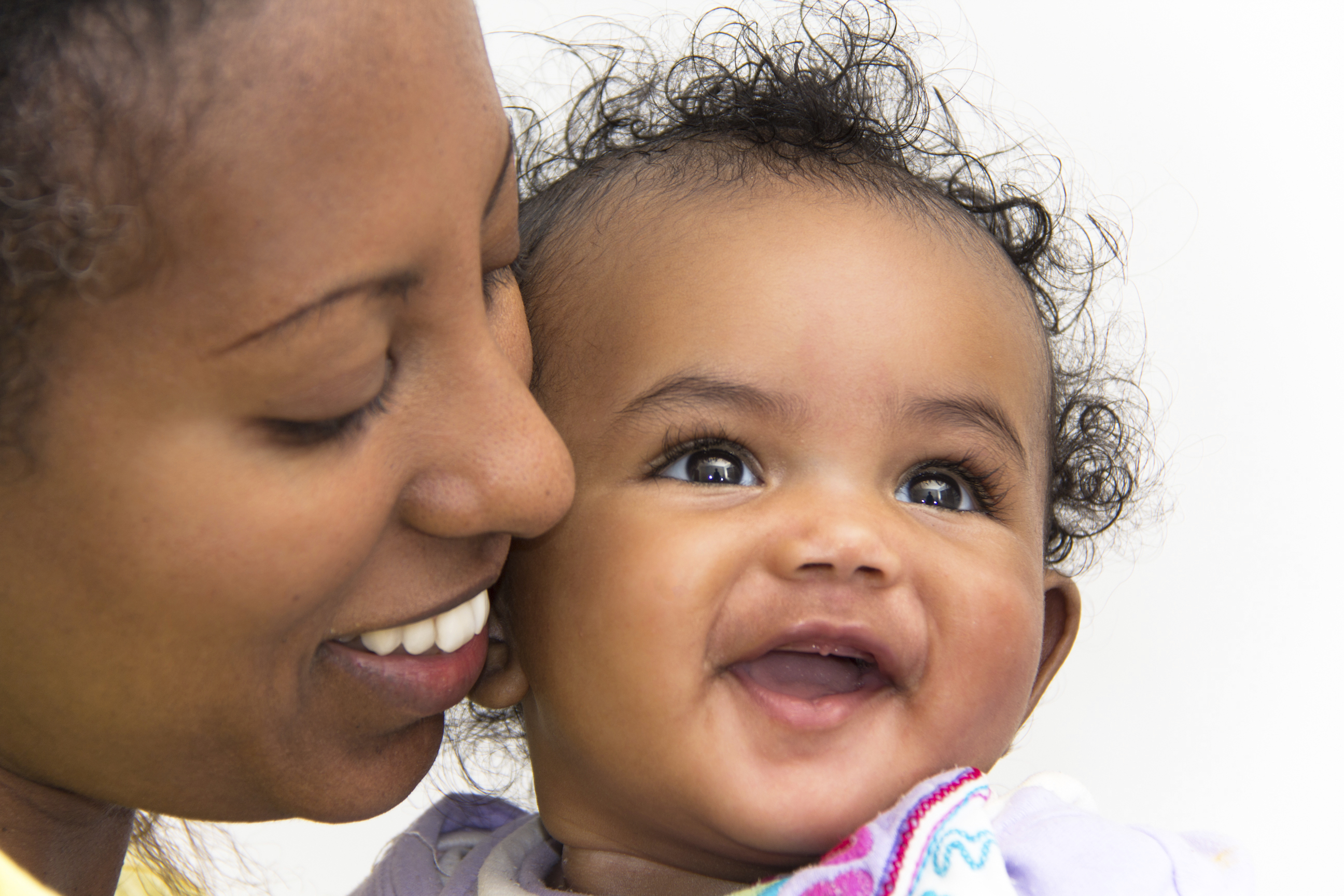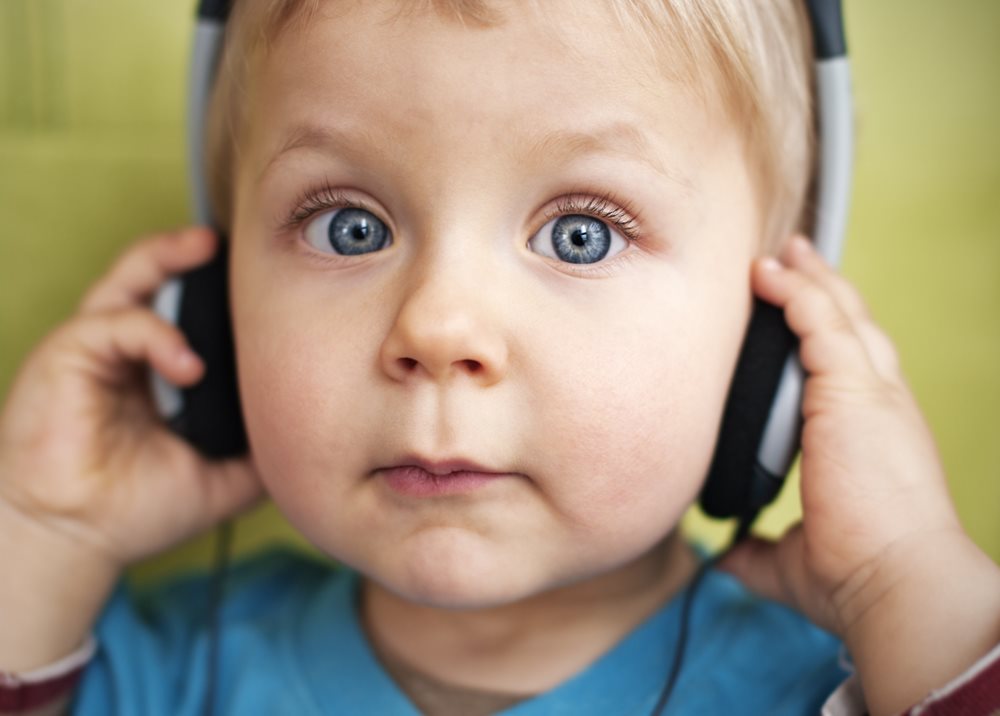Infant Hearing Loss
 For most babies, the ability to hear clearly is the foundation for the development of speech and language, which then supports the development of social, emotional, and academic skills. Any amount of time without access to sound could lead to delays in development.
For most babies, the ability to hear clearly is the foundation for the development of speech and language, which then supports the development of social, emotional, and academic skills. Any amount of time without access to sound could lead to delays in development.
Importance of the Early Identification of Childhood Hearing Loss:
Not all babies with hearing loss show obvious signs of the difficulty they have with hearing and understanding speech. For this reason, the Centers for Disease Control (CDC) recommends that all babies get screened for hearing loss before they are one month old. Most babies have their hearing checked as part of a newborn screening before they leave the hospital after birth.
If your baby doesn’t pass the newborn hearing screening, it doesn’t always mean they have hearing loss. But they need a full hearing test from a qualified audiologist with pediatric experience as soon as possible before three months old. A full hearing test can help your baby’s healthcare provider diagnose hearing loss.
Causes and Risk Factors
 Possible causes of childhood hearing loss include:
Possible causes of childhood hearing loss include:
- Genes may play a role in about half of the cases of hearing loss in babies and children. Some babies with a genetic cause for their hearing loss might have family members who also have a hearing loss.
- Premature birth or low birthweight. Premature babies often have more health problems (like hearing loss) at birth and later in life than babies born full term.
- Viruses and infections during pregnancy. You can pass certain viruses and infections to your baby during pregnancy that may cause hearing loss in your baby. These include:
- Cytomegalovirus (CMV). This is a common virus that can cause a sore throat, fever, swollen glands and fatigue (feeling tired all the time).
- Herpes
- Measles
- Rubella (also called German measles)
- Birth defects that change the shape or structure of ears, head or face, may cause hearing problems.
- Infections your baby has after birth.
Protecting Hearing

A baby's hearing is very sensitive and can be easily damaged by loud sounds. A baby's ear canals are much smaller than an adult’s. When sounds enter the canal they become more intense.
- Noisy toys and games can cause hearing damage.
- If a toy sounds loud to an adult, it is much louder to a baby or child.
- Toys should not exceed 80 to 85 decibels.
If your child has been diagnosed with hearing loss or you see signs of potential hearing impairments, the Pennsylvania Ear Institute can help. If follow-up testing shows a hearing loss, the next step will be developing an intervention plan, which may include medical treatment, additional testing, or hearing aids. It is important to begin this process as early as possible. Your baby’s development in the first few months of life is crucial for communication and cognitive development.
Early screening, diagnosis and treatment can help children with hearing loss develop speech, language and social skills.
Contact us today to schedule an appointment with one of our pediatric audiologists.